Keywords: Suicide
There are more than 200 results, only the first 200 are displayed here.
-
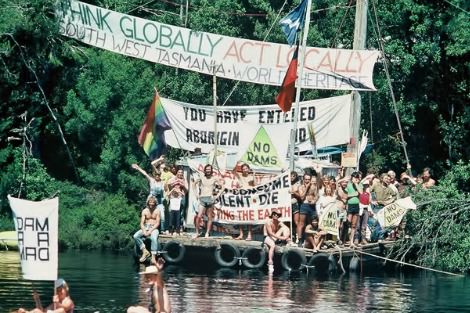
ENVIRONMENT
Many people have hoped that when global warming manifested itself as a concrete threat, politicians would be forced into action. Yet it's becoming horrifyingly clear that the political class is quite willing to let the Great Barrier Reef, one of the natural wonders of the world, slowly die. If we want to save the reef, we're going to have to do it ourselves. The Franklin dam blockade of 1982-1983 transformed the political climate and preserved an iconic river. We need to recapture that energy.
READ MORE 
-

ARTS AND CULTURE
With PNG's Supreme Court finding last month that the detention of asylum seekers on Manus Island was unconstitutional, the shamefulness of Australia's border protection policies was once again laid bare. Advocates will be familiar with the facts and arguments that Chasing Asylum articulates. What sets it apart is its wealth of hidden camera footage caught within the grim confines of the centre on Nauru, and Orner's conversations with detainees and social workers who bore witness to the dire daily reality there.
READ MORE 
-
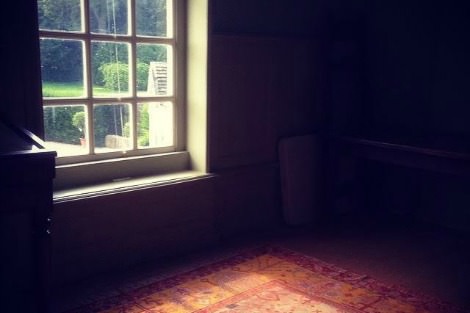
INTERNATIONAL
- Frank Brennan
- 17 May 2016
30 Comments
Once the state legislates to permit assistance with the suicide of a dying, suffering, mentally competent person, the door could well be opened to those who agitate a right to kill and not just a liberty to assist with suicide, and that door could be pushed open onto a class of patients which ultimately will include those who are not dying at all That door is now wide open in Belgium and the Netherlands, while he Canadian Parliament is trying to place appropriate limits. I'm for keeping that door firmly shut.
READ MORE 
-
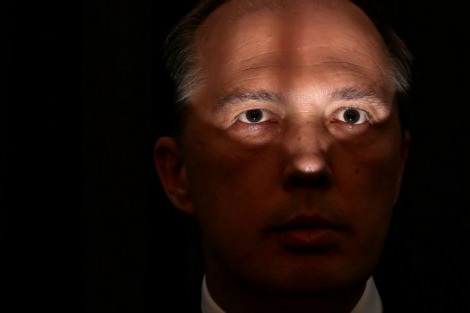
AUSTRALIA
I talk to those on Manus at all times of the day and night and make sure they are okay. Of course, they are not okay, but so far all of my friends are still alive We keep their spirits up by sending them clothes, games and keeping their phones paid-for so they can talk to their families. We keep them informed about what is going on in Australia. We do not encourage them to hurt themselves in order to put pressure on the government. We do everything possible to stop them from hurting themselves.
READ MORE 
-
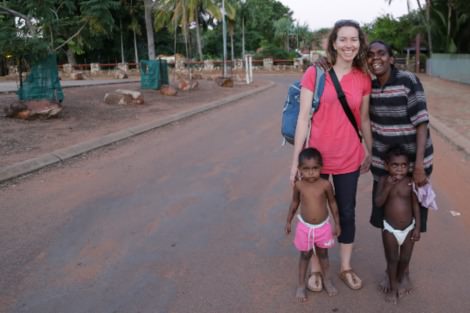
AUSTRALIA
Doreen, a women's leader from the community in Kalumburu, said, 'it is our dream for us women to get up and make the community stronger'. Such determination ought to be facilitated. What this means is making avenues where Indigenous culture and cultural life are at the centre of the conversation to effect change. Instead of adopting a 'helping' attitude, there needs to be a shift towards facilitating self-agency as an economically rational approach when it comes to Indigenous Australians.
READ MORE 
-

INTERNATIONAL
- Gillian Bouras
- 19 April 2016
10 Comments
Pope Francis recently visited the island of Lesbos, another scene of immigrants' dire suffering, and surprised the world by taking 12 refugees back to Rome with him. Bernie Sanders asserted that the Pope, in his gesture of hope, is surely the greatest demonstration against a surrender to despair. I am still partly persuaded by Graham Greene's view of despair as being the unforgivable sin, but I'm also giving some thought to the distressing matter of indifference.
READ MORE 
-

INTERNATIONAL
- Catherine Marshall
- 04 April 2016
2 Comments
When suicide bombers struck Brussels, I was travelling far from home, in southern Italy. The news evoked in me a sense of vulnerability, for within days I would board a series of flights from Reggio Calabria to Rome to Abu Dhabi and then Sydney. For a moment, it seemed the terrorists had achieved what they set out to do: spread fear and distrust far beyond the site of their attacks, across countries and continents and oceans so that eventually the whole world would be infected.
READ MORE 
-

ARTS AND CULTURE
- Tim Kroenert
- 24 March 2016
5 Comments
With more than 30 dead in Brussels just a few short months after the horrors in Paris, the Western world again confronts an assailant in ISIS who deals in fear and bloodshed. In contemplating our responses to such attacks we recognise the historical and current geopolitical realities that have bred the ideologies that fuel them. This messiness is the stuff of a new British film that arrives in Australia this week, which explores the plight of those who might be 'collateral damage' in the hyper-technological 'war on terror'.
READ MORE 
-

AUSTRALIA
- Ellena Savage
- 18 March 2016
24 Comments
'Coming out' is a gesture specifically, politically required of queer people but not of straight people. Another statement demanded of queer people is that they are injured and traumatised by the fact of their sexuality or gender. But why call on individuals to testify when the statistics are heartbreaking enough? This demand on queers to continually deliver narratives of oppression limits their social roles, and even invalidates their voices on matters other than their sexualities and genders.
READ MORE 
-
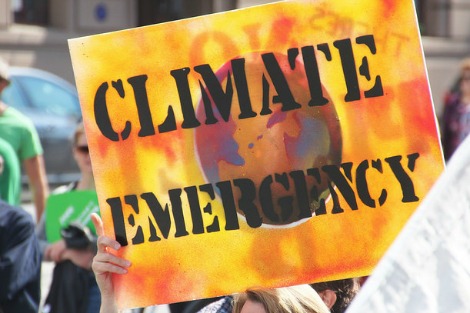
ENVIRONMENT
- Lyn Bender
- 09 February 2016
11 Comments
News about climate change can be depressing. But it was downright shocking to learn that budget cuts to CSIRO have led to the decimation of the agency's climate science. Australia is one of the worst global emitters, yet Australian citizens have outsourced responsibility for climate protection, as they have for refugees. The ease of bipartisan agreement on such crucial dilemmas confirms the point. A dormant electorate creates a negligent, sleeping, self-satisfied and corrupt government.
READ MORE 
-
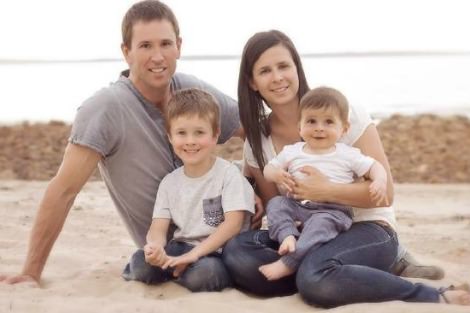
AUSTRALIA
- Lyn Bender
- 18 January 2016
18 Comments
In the early hours of a brand new year, two small boys had their lives extinguished by a purportedly depressed father. For me this event brought to mind two cases from a past life, when I was the manager of Melbourne Lifeline. One was a woman who disclosed that she had killed her two small children a decade earlier. In a second case, a belligerent suicidal man expressed rage towards his former partner, who was about to remarry. I asked pertinent questions. Would he harm his children? 'Yes.'
READ MORE 
-

ARTS AND CULTURE
- Tim Kroenert
- 17 December 2015
2 Comments
From the drama-filled mind of a pre-teen girl to the homes of former Indonesian death-squad members; from a day in the life of a transgender sex-worker to a grim and sublime new rendition of one of Shakespeare's most famous plays; from one actor's immense ego to another's fading relevance to an allegedly doomed writer's captivating self-effacement, Eureka Street's resident film buff Tim Kroenert revisits the characters and themes of some of the best and most conversation-worthy films of 2015.
READ MORE 